Green Terms
Understanding Eco-Friendly Terminology
There is a lot of technical terminology regarding sustainability in the cabinet industry, so it’s important to understand the eco-friendly jargon and certifications. Being knowledgeable about these green terms will help you make choices that will best contribute to the future of our planet and natural resources. Check out this glossary of ‘green’ terms to help you understand eco-lingo and important sustainability words when shopping for cabinetry for your home.
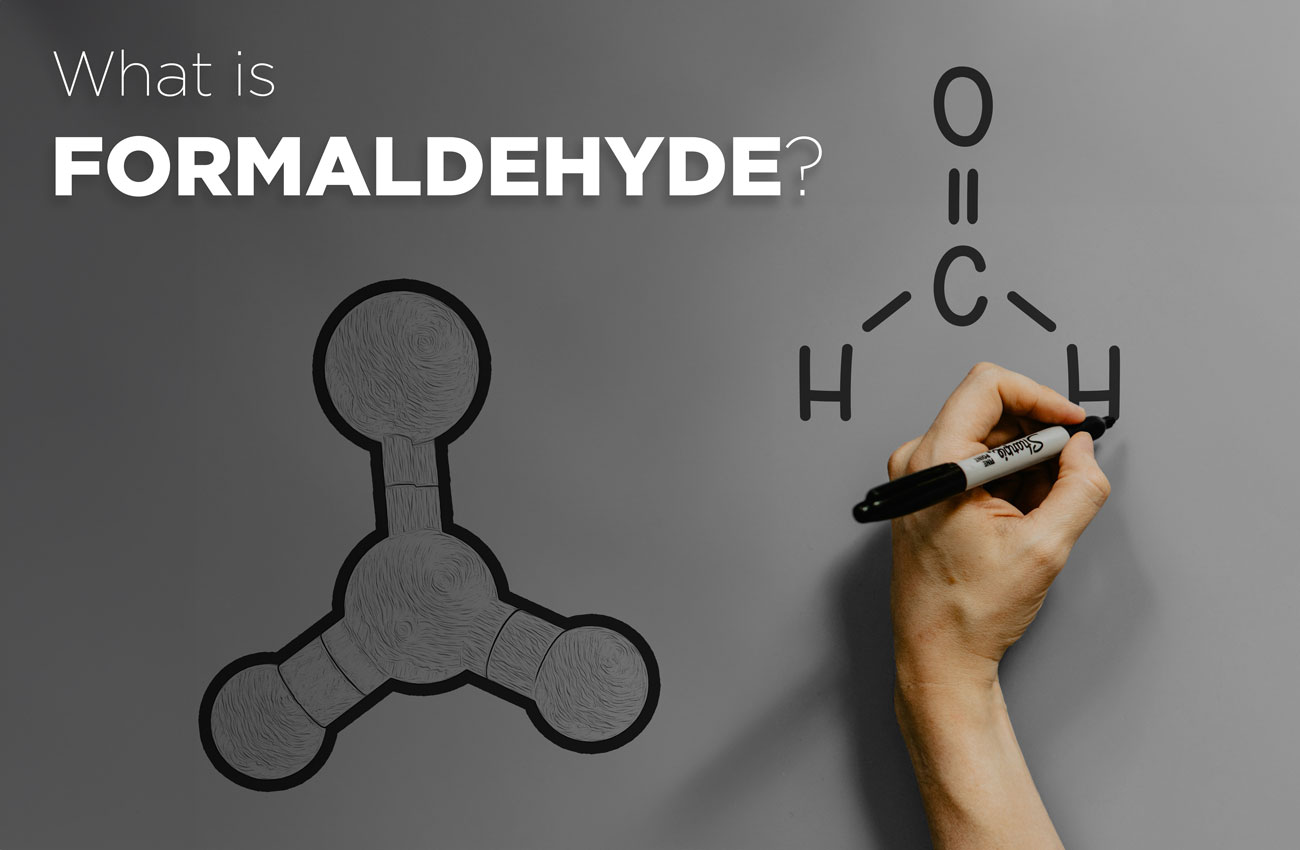
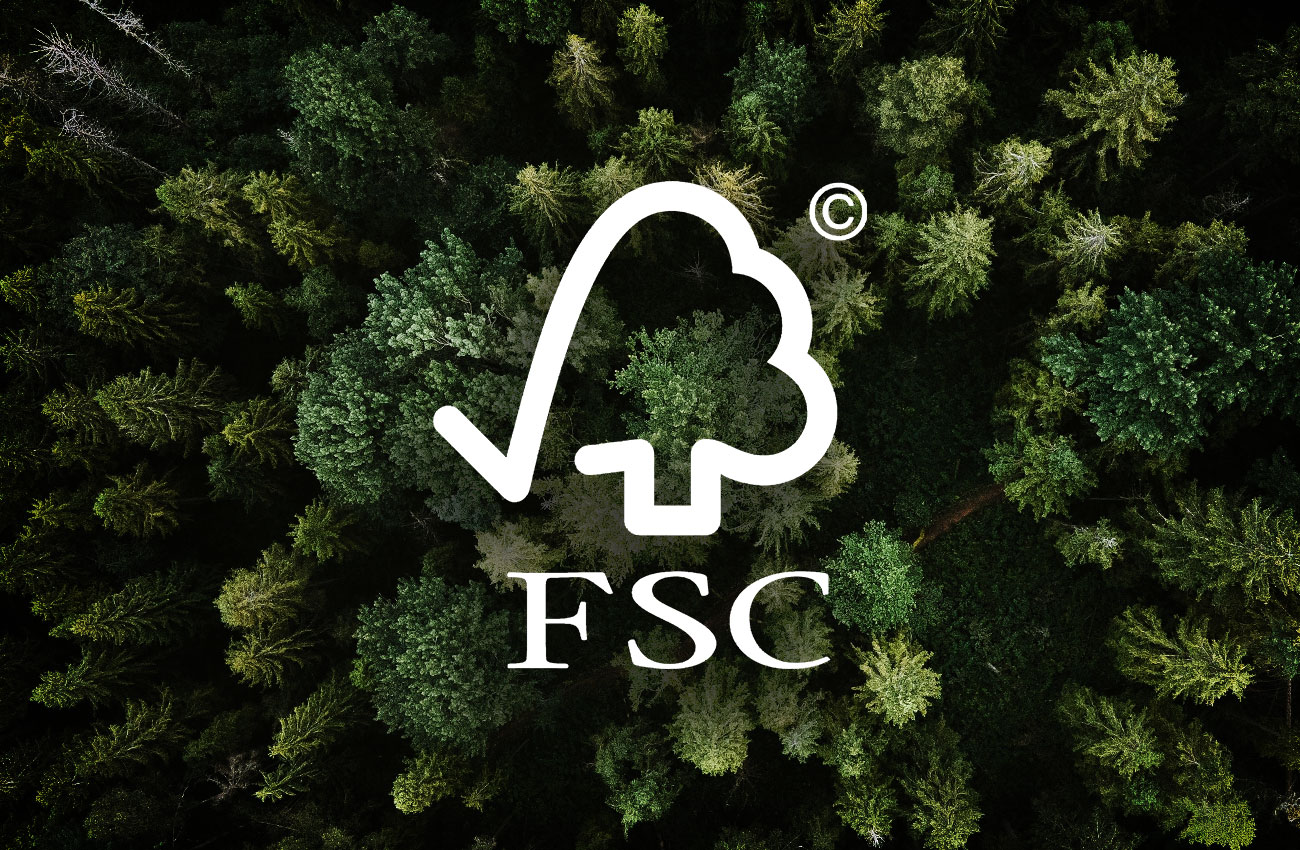
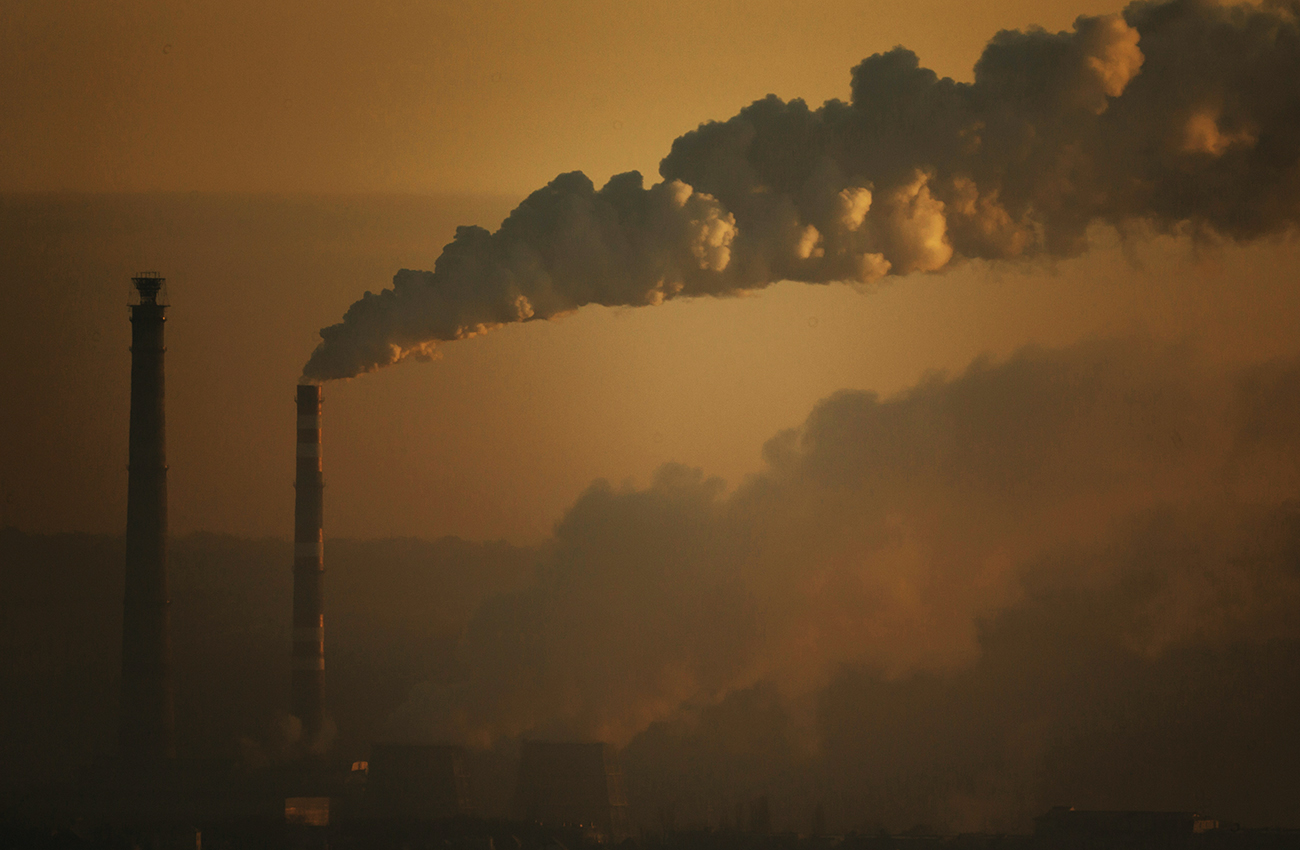
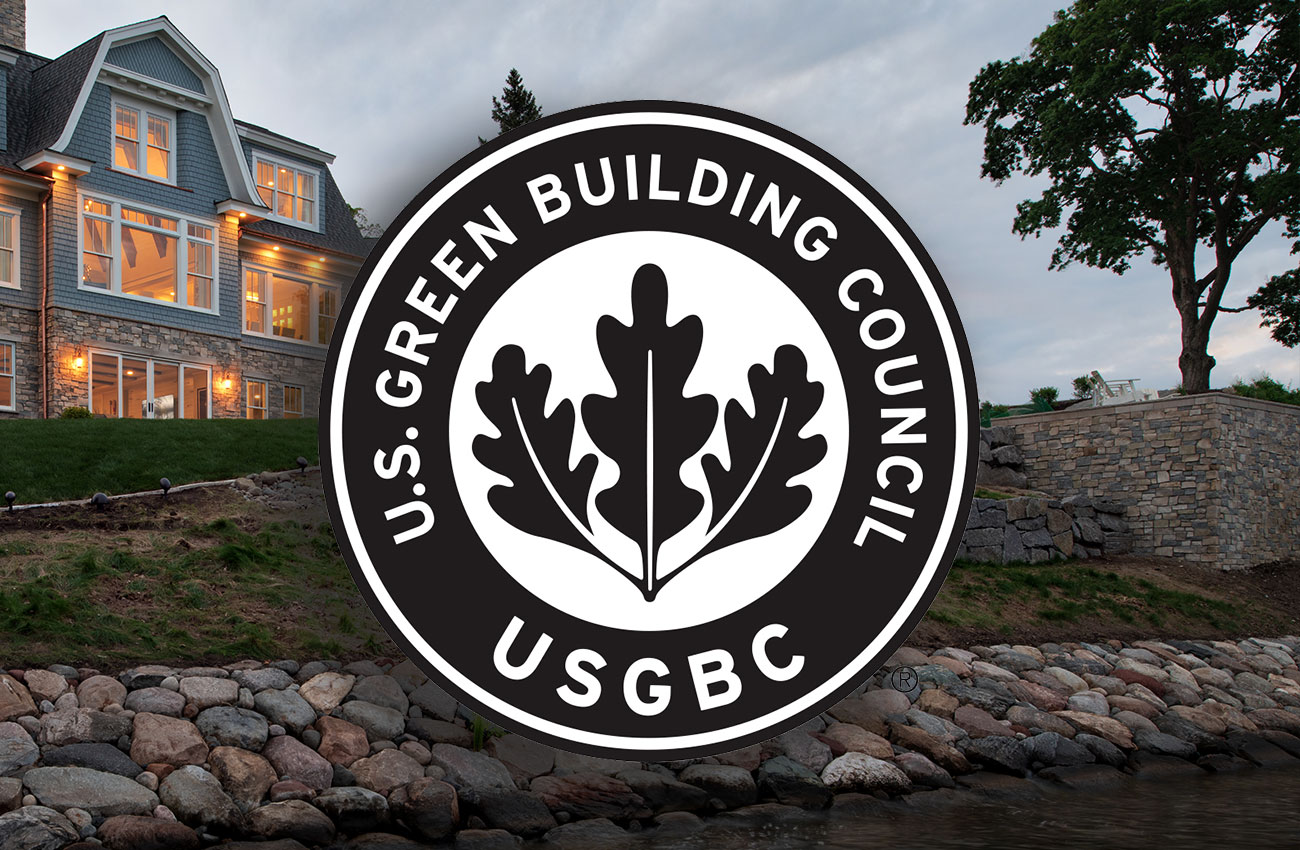
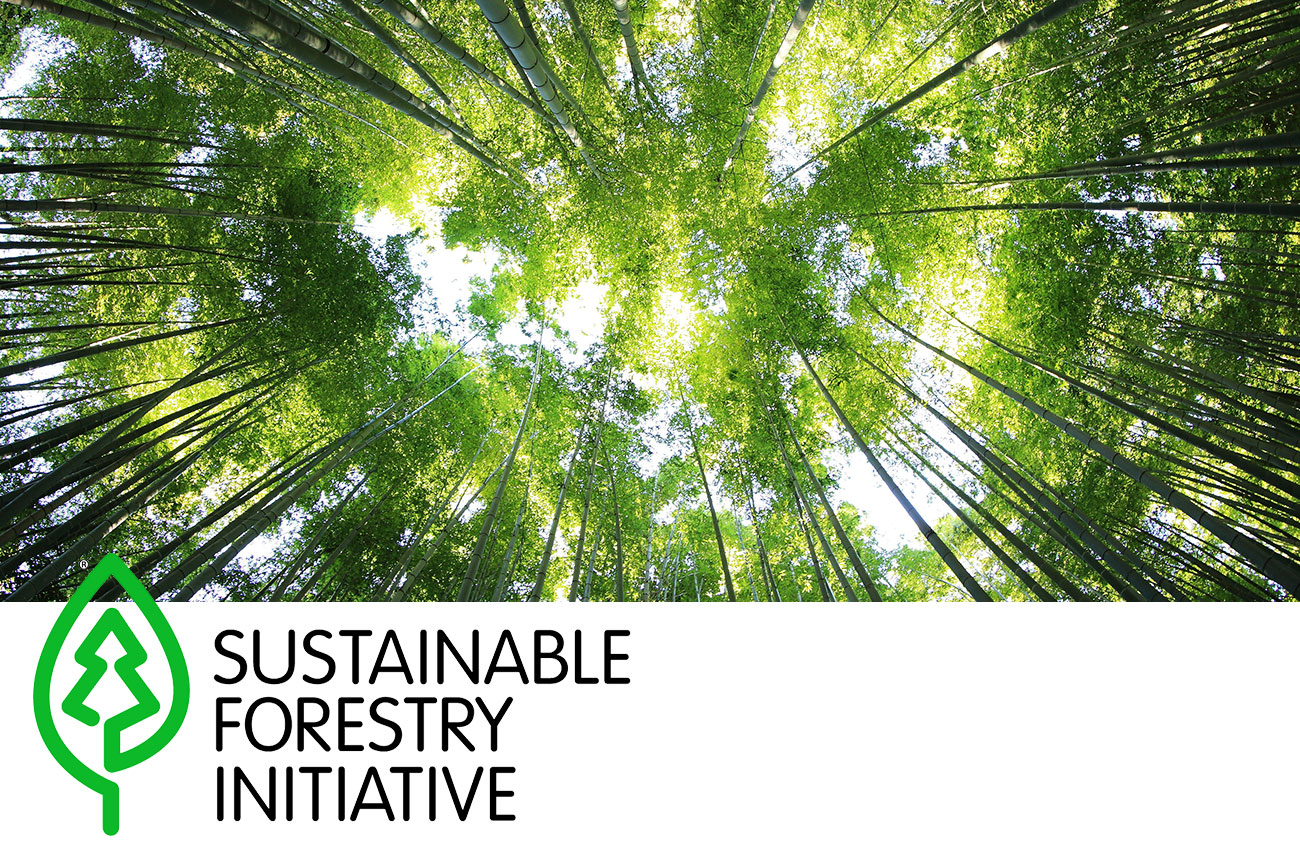
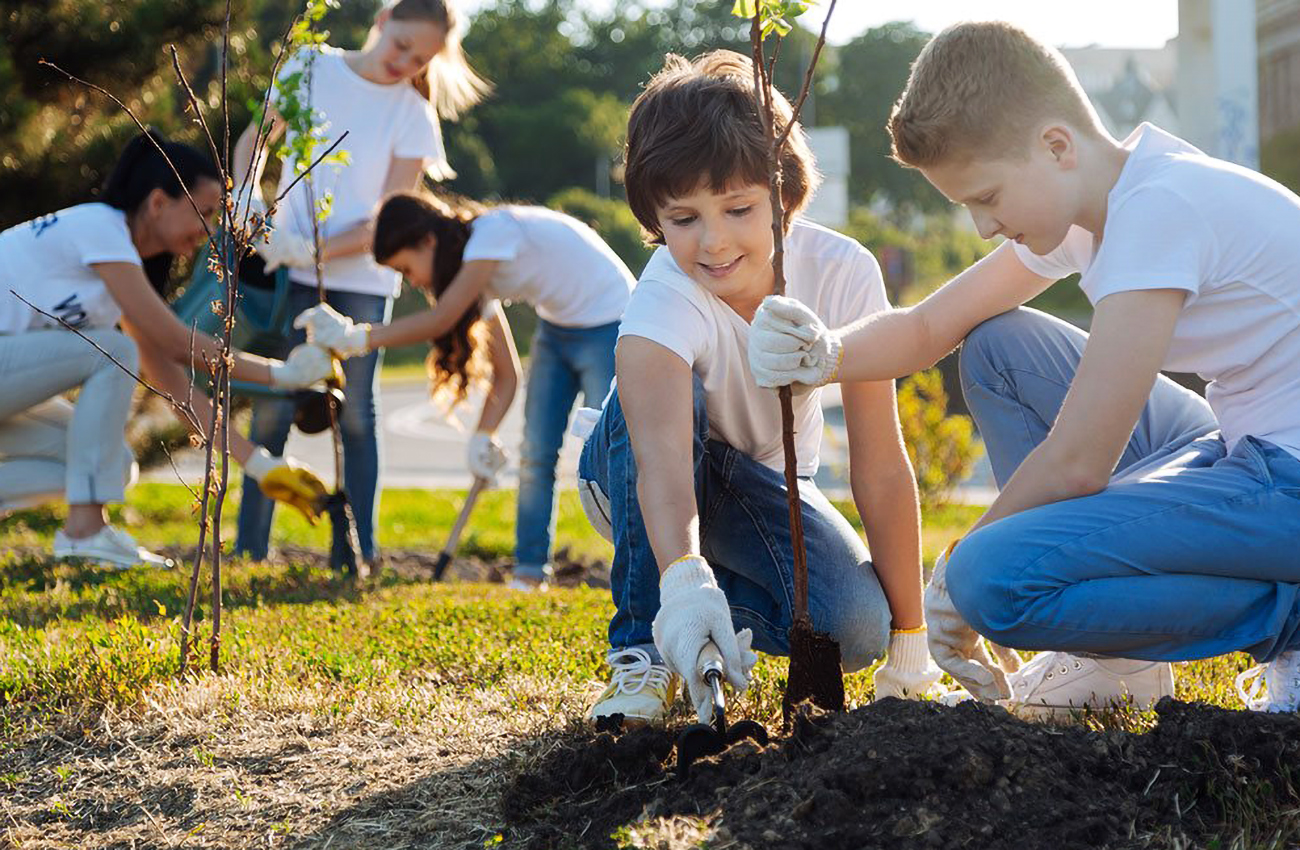

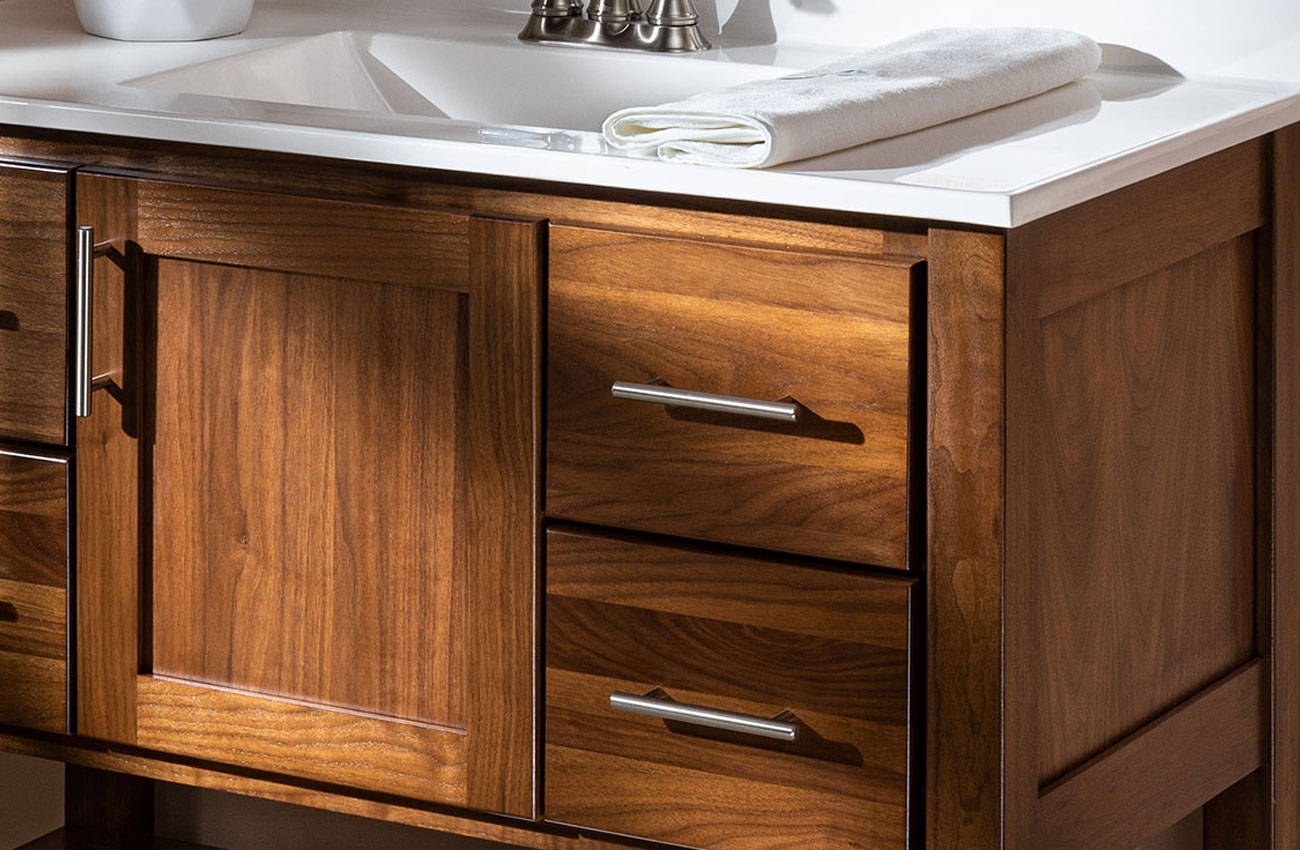
Formaldehyde / TSCA Title VI:
Formaldehyde is also known as the chemical compound Methanol (CH2O) occurs naturally in wood. Formaldehyde-based resins (such as urea formaldehyde) are used in the manufacture of plywood and particleboard (composite wood products). The Formaldehyde Emission Standards for Composite Wood Products Act (also known as TSCA Title VI) passed specific rules limiting formaldehyde emissions from composite wood products. These specific formaldehyde rules went into effect in May 2017. TSCA Title VI ensures that composite wood products (including those products that are imported) are in full compliance with United States emission standards. Since March 23, 2019, composite wood products must be labeled as “TSCA Title VI compliant”. The TSCA Title VI emission standards are identical to the formaldehyde emission standards set by California Air Resources Board (CARB). Wood products touted as “formaldehyde-free” contain no-added formaldehyde-based resins (NAF). Formaldehyde levels in building materials have been lowered by more than 80% since the 1980’s.
FSC (Forest Stewardship Council):
The FSC was created to develop principles, criteria, and standards relating to forest management and sustainability. Learn more at http://fscus.org.
HAPs:
Hazardous Air Pollutants are airborne chemical compounds that in higher concentration levels could cause adverse effects to the environment and ultimately human health.
Holistic:
From the Greek word holos, means entire or all, total. Holistic forestry is a forest management approach that uses a combination of traditional and modern methods to create resilient forest ecosystems.
LEED (Leadership in Energy and Environmental Design):
The U.S. Green Building Council (USGBC) provides a rating system called “LEED” for measuring ‘green’ performance levels in commercial and residential building projects. See Bertch Cabinet product specifications for LEED certification points that are available. Learn more at www.usgbc.org/leed.
SFI (Sustainable Forest Initiative):
The Sustainable Forest Initiative is an independently directed program incorporating third-party certification focused on protecting the economic, environmental, and social needs of our forests and communities. Learn more at forests.org.
Sustainability:
In the context of forestry, sustainability refers to the environmentally conscious processes and procedures for planting, managing, and harvesting timber as directed by forestry certification programs such as SFI (Sustainable Forest Initiative) and FSC (Forest Stewardship Council).
VOCs (Volatile Organic Compounds):
VOCs are chemical compounds containing carbon that vaporize or ‘off-gas’ from a variety of natural and artificial products including various household items such as cleaning chemicals, carpets, and solvents.
Wood + Biodegradable Products:
Wood is a natural building material source is neither scarce nor finite. No energy is used to generate wood. Hardwoods and softwoods are ‘produced’ naturally with power from the sun and irrigation from the rain. Wood is a Biodegradable product. Biodegradable means a product or substance decomposes naturally via bacteria or living organisms. This means no waste in landfills.